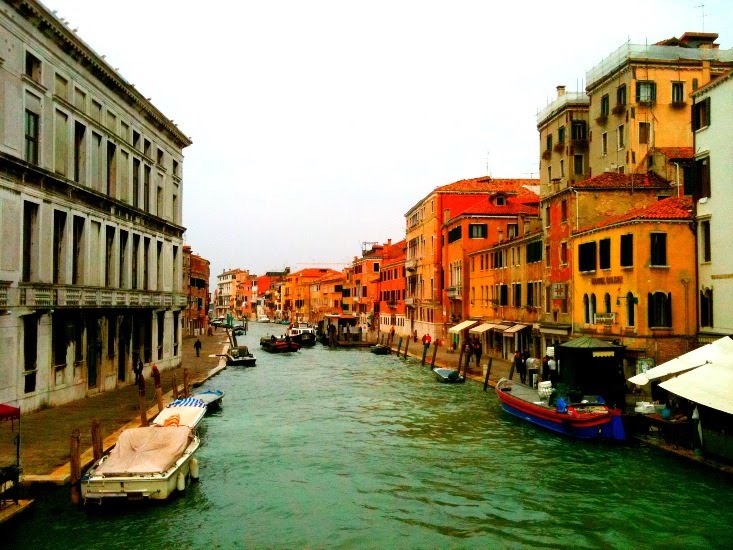I realised that I am quite lazy in updating my blog, pardon me for this!
Before I move on to my post, let me start with the song of the week:
#1 Flumpool - 花になれ
http://www.youtube.com/watch?v=4zyF9MwqZOE
Alright so I am done with my examinations, and I am satisfied with my overall performance. My module on Samurai and Geisha proved to be a real challenge among all the papers. Thankfully it is only 30% of the module so I dont lose out too much.
As I shared during my cell group meeting, I must thank God for the favour and grace He has shown me in all my projects. I really liked Sociology so far and enjoying the things I am learning. In fact the 3 projects I did essentially revolved around the Japanese and Singapore societies.
I was especially proud of my GEK 2022 project which I researched on the issue of neighbourhood school students in Singapore. I asked earlier what do you think of them, and I found out they are normally seen as stupid, delinquent and a failure in life.
The world out there needs to give a second chance to these people. The culture of Singapore is driven by an incessant need for success, and in the education system if you cannot have success aka score good results, you are out of the race and otracised to one corner.
In the end, what is Success for? To show people one is capable? And why the need to show and prove one is valuable and of worth? Is it because of insecurity? or fear?
In my study of sociology and time with God, I am convinced that the culture of the world is opposite of the culture in the kingdom of God.
One is rooted in fear; the other in faith and love.
The culture of the world is defined by cynicism and criticism, while the culture of God's kingdom is defined by faith, hope and love.
In Singapore's society, there is little tolerance for failure, in God's kingdom, failure is not fatal and will be turned around to success.
I feel, as especially after the Asia Conference, there is a need to reclaim the world to the culture of God's kingdom. People in today's society are defined by their past which they hardly had control over, and more often than not, they are victims of their circumstances. For the neighbourhood school student in delinquency, he lacked the affection and care one can receive because the parents are working and slogging so hard to make ends meet. They have no time for supervision and guidance for the child. The child searches for hope and belonging and finds that in gangs. That delinquent neighbourhood school student did not really chose to be one; he was influenced by his circumstances and society's prejudice to become one. As is called a self-fulfilling prophecy, all too often people become who they were not destined to be because the society imposes unfair expectations on them.
And today's society is swift to judge and condemn such people. They are being made to feel they are worthless because of what they CAN/CANNOT DO instead of WHO THEY ARE. I feel for these people as they have to try so hard to break out of the social prejudice on them. And I feel its time for a change. I believe that no one should be judged based on his background and everyone has a great future ahead of him. People need to find their self worth in their identity and not their roles. And this identity comes from Jesus Himself.
As a child of God, I never forget that I was once a sinner and received the grace and mercy from God. Similarly I want to give grace to that gangster who is smoking his health away and not aware of what he is getting himself into. I think we should stop a moment at times and ask ourselves, are we giving a second chance to the people around us?
This is an excerpt of the concluding paragraph of my project and as I sought the Lord, He filled my heart with a sense of conviction as I typed it out. I think the marker could feel the conviction and maybe thats why I scored 18.5/20 for the final report. Here it goes:
J.F Kennedy once declared that ‘children are the world’s most valuable resource and its best hope for the future’. This statement takes on even greater importance as people are Singapore’s main asset. With the pressing need for economic growth, can the society treat students from neighbourhood and prestigious schools with the same dignity and respect? Can the youth of today be valued not based on what they can do for the nation but on who they are as citizens of the country? Can neighbourhood school students be integrated and be a part of the mainstream society, or will they continued to be despised and excluded as apart from the rest?
